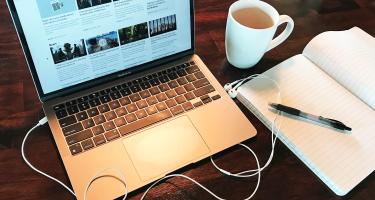
Virtual Networking Social: Mental Health Check-in
This latest NASW Virtual Networking Social is brought to you by the NASW Freelance Committee.

This latest NASW Virtual Networking Social is brought to you by the NASW Freelance Committee.

This latest NASW Virtual Networking Social is brought to you by the NASW PIO Committee.
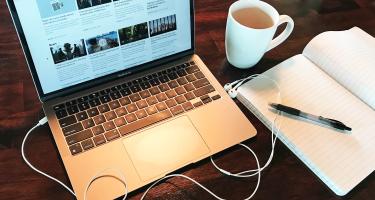
This latest NASW Virtual Networking Social is brought to you by the NASW Freelance Committee.

This year's annual NASW membership meeting will be held virtually on Nov. 20, 2024. Open to all current NASW members.
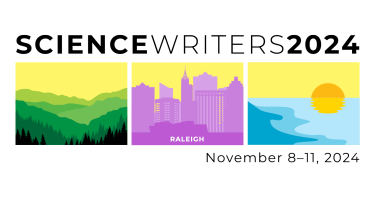
The 2024 annual conference of the National Association of Science Writers (NASW) and the Council for the Advancement of Science Writing (CASW) will take place in Raleigh, N.C.
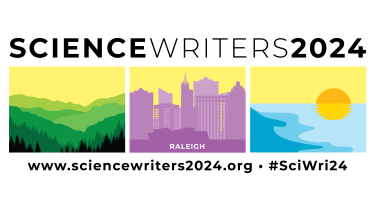
The National Association of Science Writers (NASW) presents its slate of virtual-only early access sessions as part of the ScienceWriters2024 national conference.
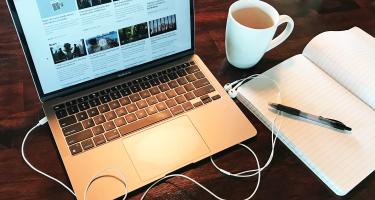
This latest NASW Virtual Skills Chat is brought to you by the NASW Freelance Committee.
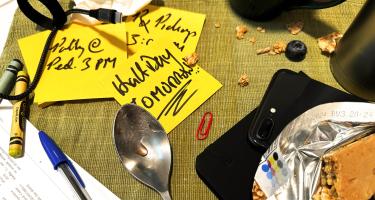
This latest NASW Virtual Networking Social is brought to you by the NASW Freelance Committee.